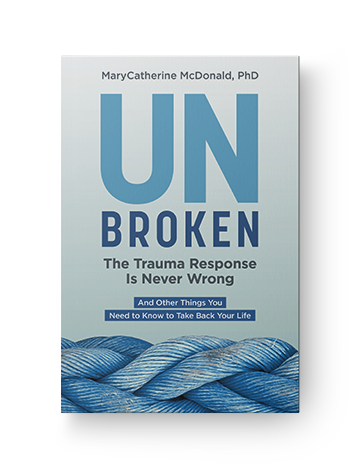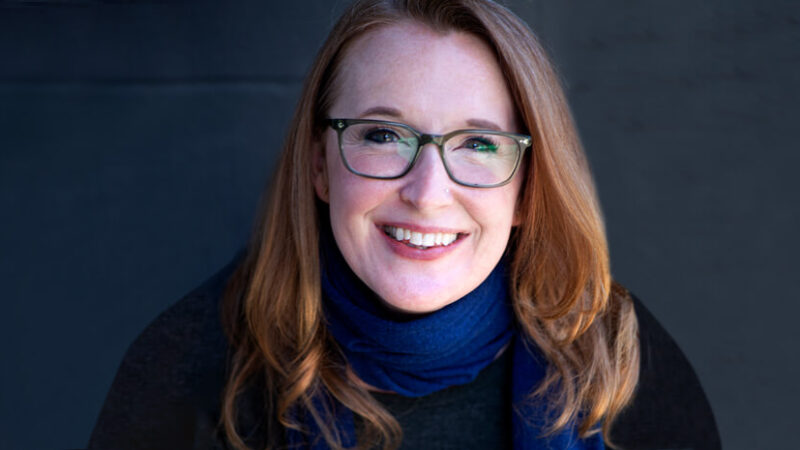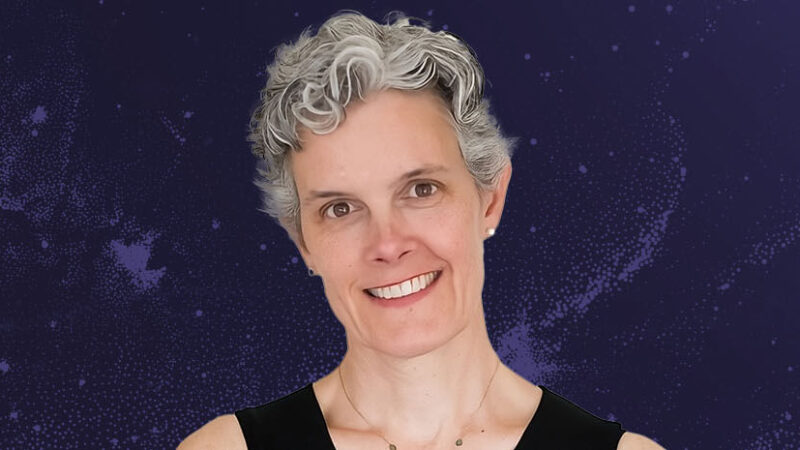For centuries, we’ve been taught that being traumatized means we are somehow broken—and that trauma only happens to people who are too fragile or flawed to deal with hardship. Instead, says Dr. MaryCatherine McDonald, the trauma response proves our spirit cannot be broken. In this podcast, Tami Simon and “MC” (as her students call her) discuss her new book, Unbroken: The Trauma Response Is Never Wrong—And Other Things You Need to Know to Take Back Your Life, and how we might as a society begin to update our understanding of trauma and its healing.
Tune in for this inspiring conversation about the impact of trauma on the narratives that make up our identity; recalibrating the nervous system after trauma; memory and the hippocampus; relearning a sense of embodied safety; dealing with loss in our grief-phobic culture; trauma defined as “an unbearable emotional experience that lacks a relational home”; the unconscious nature of triggers, and how to raise awareness around them; the miracle of your adaptive brain and body; trust and community in the healing of trauma; reconciling life’s ultimate vulnerability; finding resilience and strength in these uncertain times; attunement, holding space, honesty, and other elements that provide a relational home; realizing an anchor in the “tiny little joys”; the healing power of… Tetris?; healthy regulation; and more.











